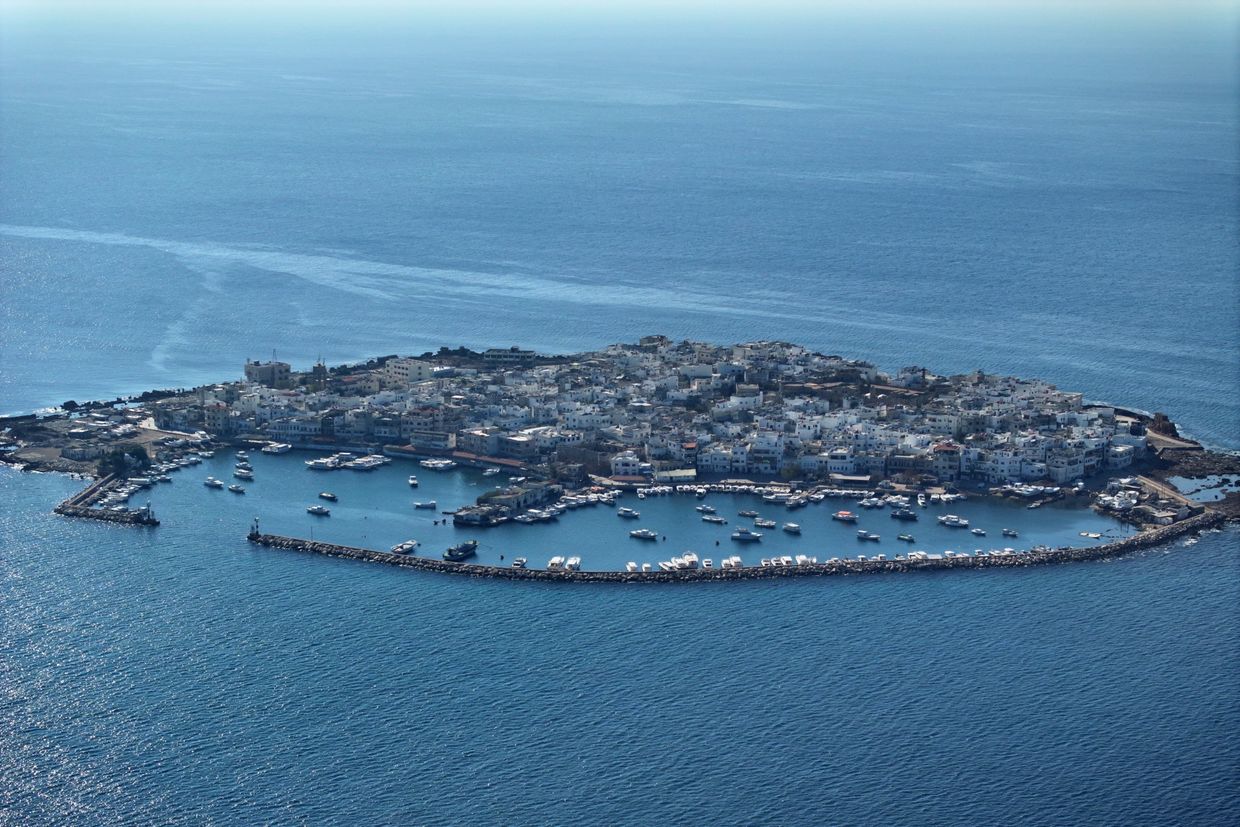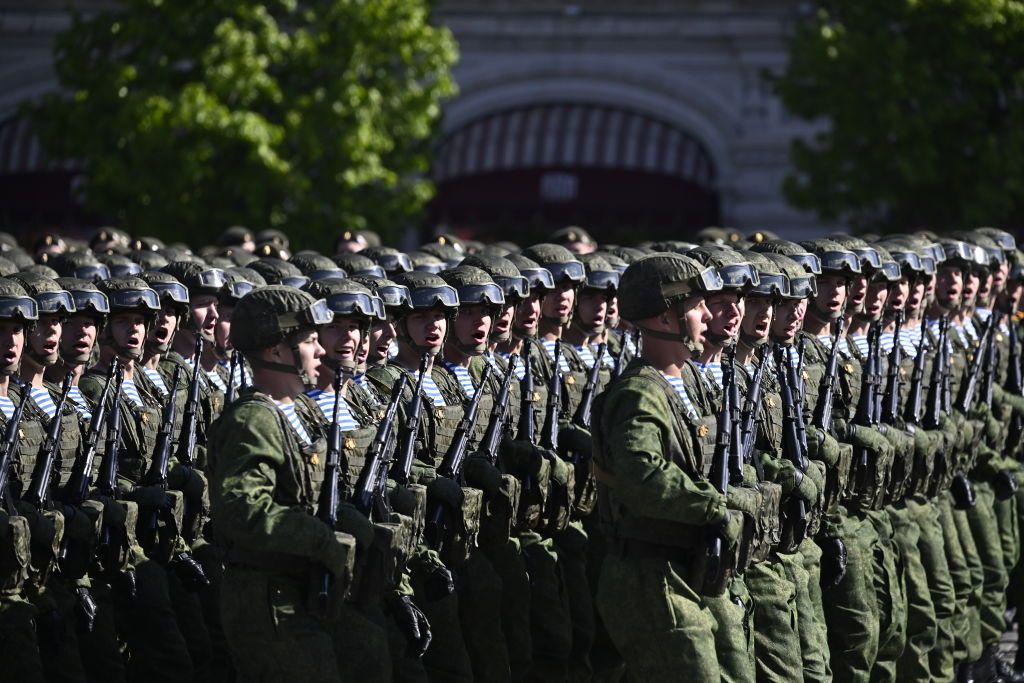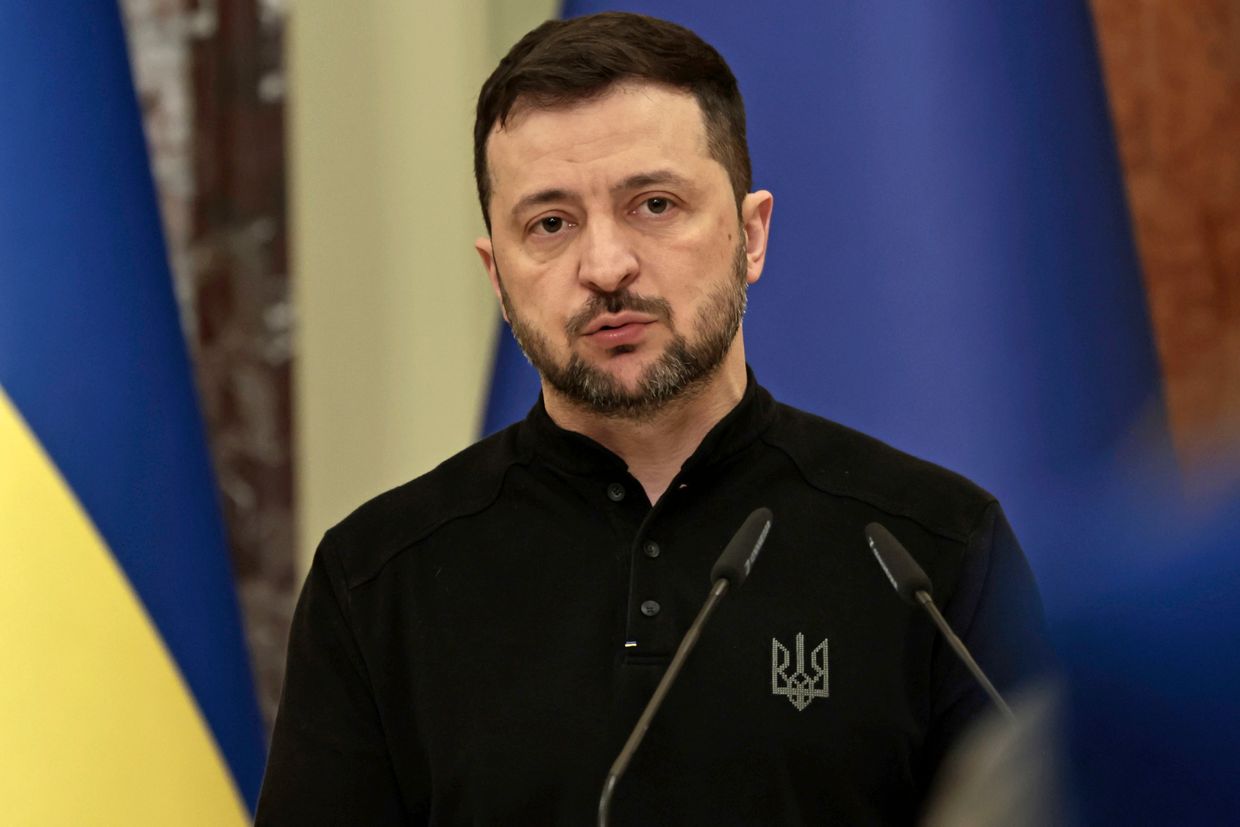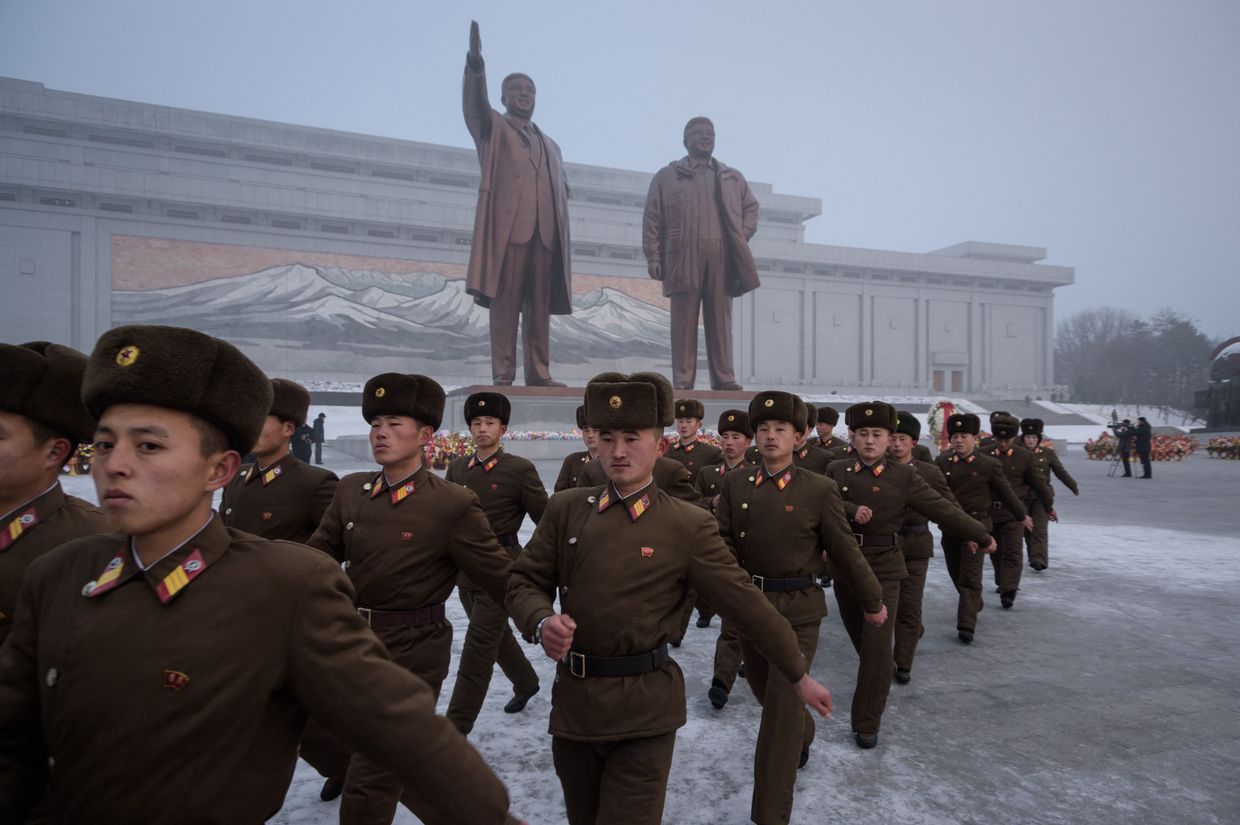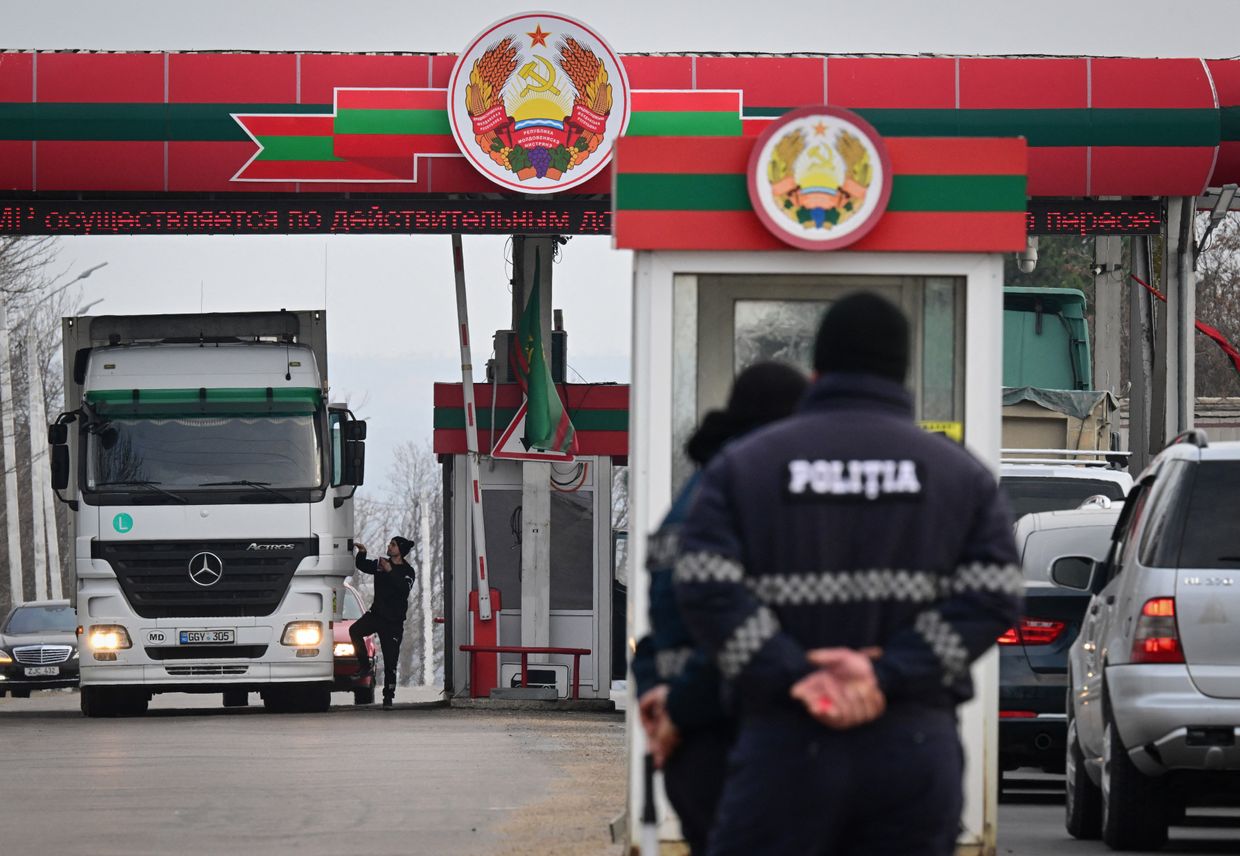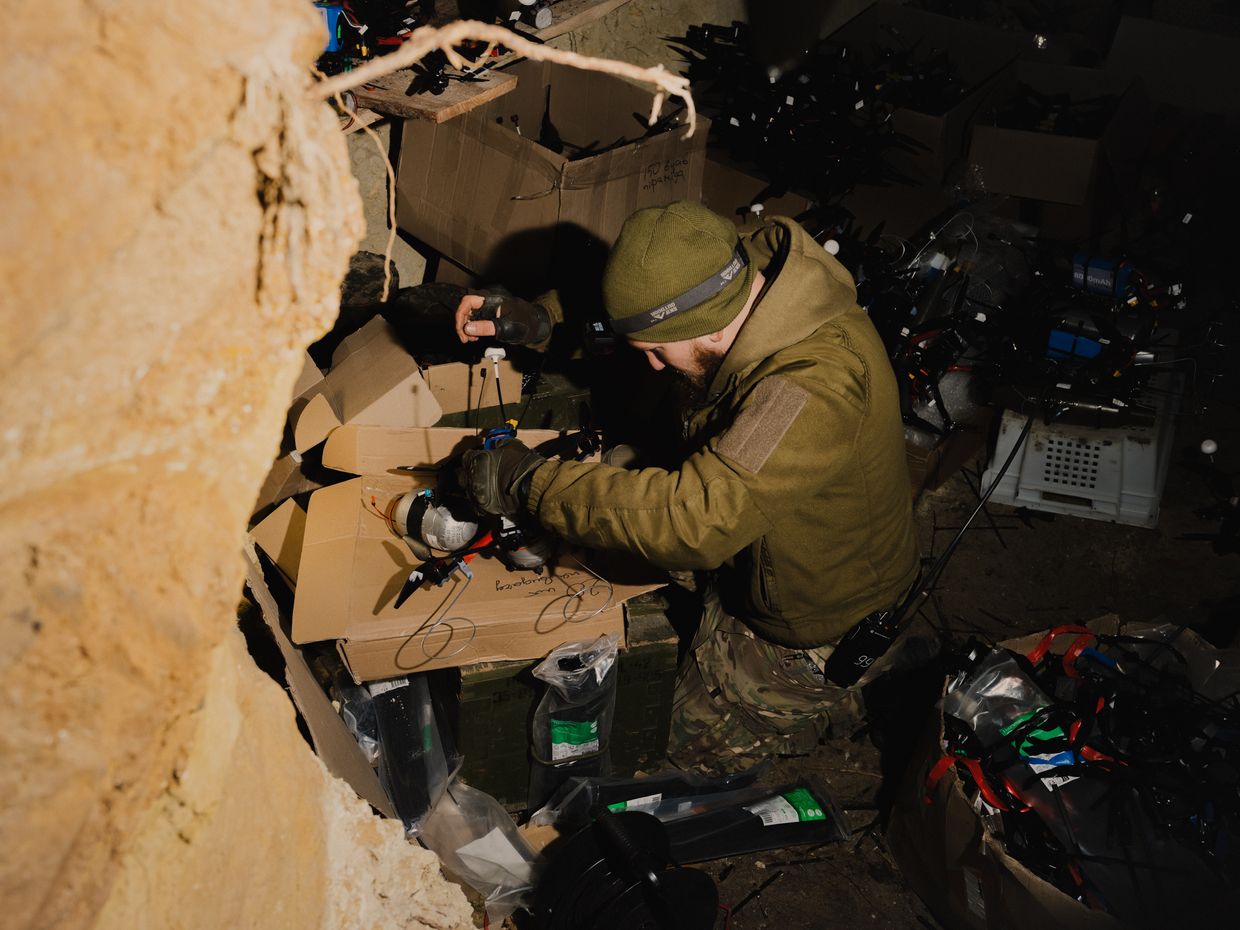Just a month after the U.S. Congress approved the much-awaited aid package for Ukraine, U.S. Secretary of State Antony Blinken visited Kyiv with a clear message: Washington supports the embattled country despite political bickering and the ongoing election campaign. Blinken also announced a special military-industrial complex development and weapon export fund worth $2 billion, encouraging Ukraine to bolster its own defense capabilities.
This move is timely for Kyiv, which seeks to reduce its reliance on the West and attract investors to replenish its exhausted budget. Ukraine is focusing on growing its high-tech sector and drone production, essential for deterring Russian forces, targeting Russia’s Black Sea Fleet, and attacking Russian oil refineries crucial to its war effort.
The results have been impressive: Ukraine has increased drone production one hundredfold in just over a year, thanks to prompt legislation, a strong tech base, and a war zone to test innovations. Now, 90% of the drones used on the battlefield are produced domestically in Ukraine, which aims to further expand its drone capabilities.

Kyiv has also launched its first defense tech accelerator, Brave1, to support technological startups, especially those focusing on unmanned systems and electronic warfare. Since its inception, Brave1 has approved around 700 inventions, with approximately 40 already in use on the front lines. Over 100 companies in Ukraine are developing drone frames and electronic components with state-owned enterprises prioritizing drone production over larger aircraft projects.
Turkish drone manufacturer Bayraktar, recognizing Ukraine’s investment potential early on, began constructing a drone plant in Kyiv Oblast in 2022. Meanwhile, major tech companies like Palantir and Quantum Systems, supported by Peter Thiel, are expanding AI technologies and deploying reconnaissance drones in Ukraine, with plans for further production facilities.
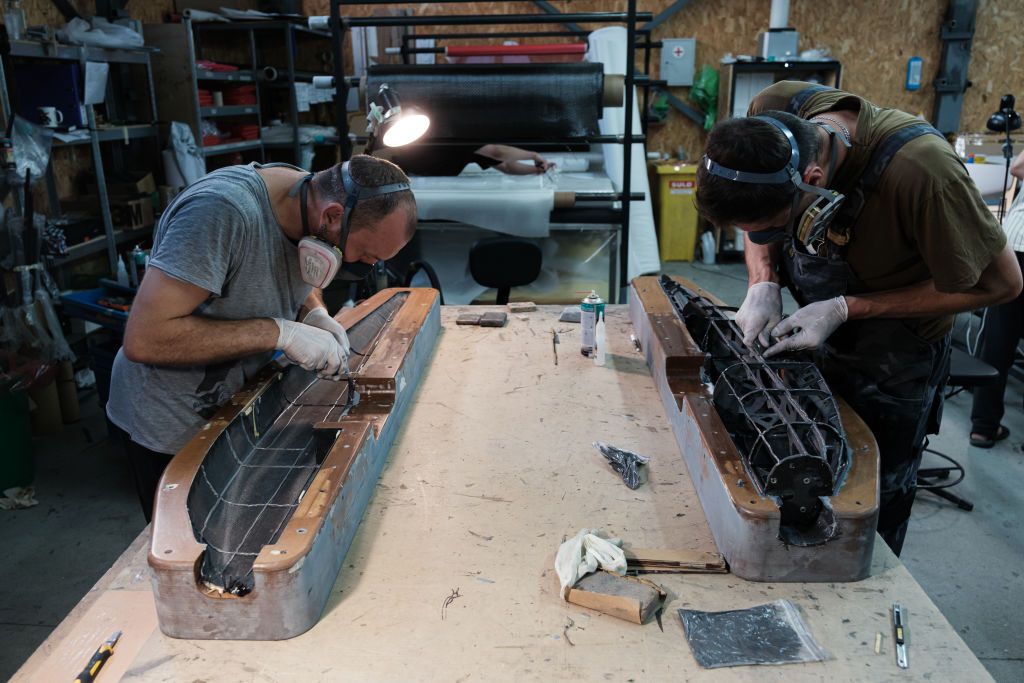
In many ways, Ukraine is following a path similar to Israel’s, transitioning from an agriculture-based economy to a technological hub within a few decades. Israel’s high-tech sector is now crucial to its economy and security, a model Ukraine aims to emulate.
Despite being outnumbered and outgunned, Ukraine is developing technological solutions to resist Russian aggression on land, sea, and air. Its highly skilled tech workforce, considered among the best globally, is a key asset in this effort.
While pioneers have entered the Ukrainian market, there’s still plenty of room for newcomers, particularly given security concerns. Many drone parts are produced in China, Russia’s key geopolitical ally. U.K. Defense Minister Grant Shapps has indicated that Beijing supplies lethal aid to Moscow. While China can scale production quickly and cheaply, it can also cut off supply chains at any time. Ukraine, on the verge of EU accession negotiations and adopting NATO standards, offers a geographically convenient and safer option.
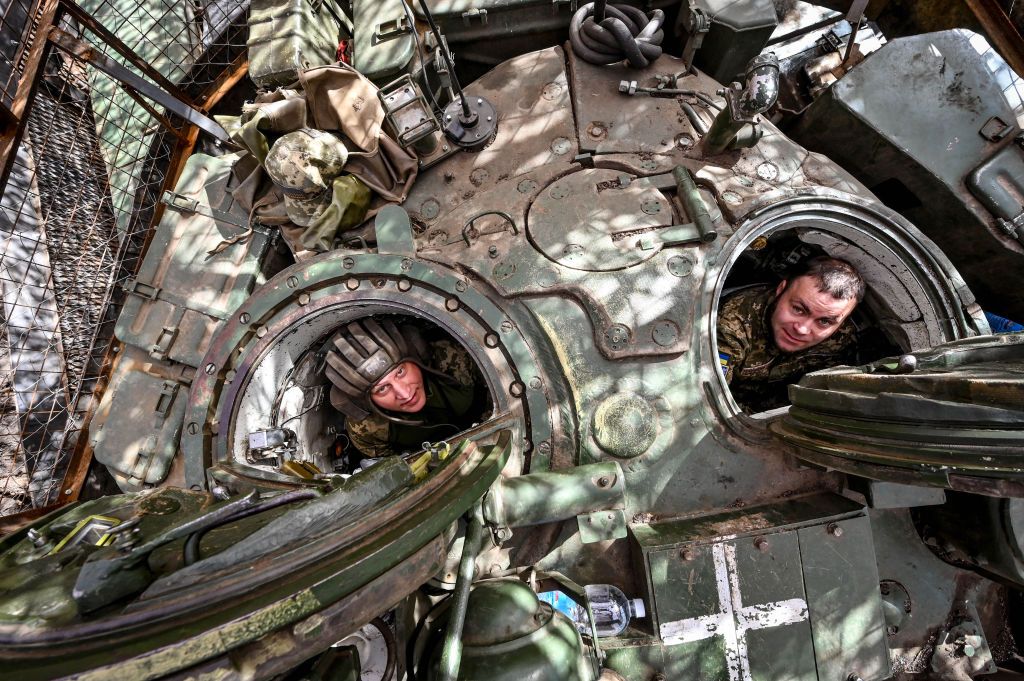
Ukraine is also revitalizing its economy through the privatization of medium and large state assets via public procurement platforms, ensuring transparency. This includes assets previously owned by Ukrainian officials now collaborating with Russia and large enterprises such as United Mining and Chemical Company, one of the world’s largest titanium ore miners. The first steps in this process are set to take place this summer.
In the long term, sectors like lithium, aluminum, titanium, uranium, and hydrocarbons will attract investors, alongside Ukraine’s reconstruction efforts. Estimates for the necessary reconstruction funds exceed $700 billion, with initial steps already being taken to negotiate terms and secure contracts. The West's move to transfer over $300 billion in frozen Russian assets to Ukraine will further increase market opportunities and demand. For companies, the key is to capitalize on these opportunities.
Editor’s Note: The opinions expressed in the op-ed section are those of the authors and do not purport to reflect the views of the Kyiv Independent.





